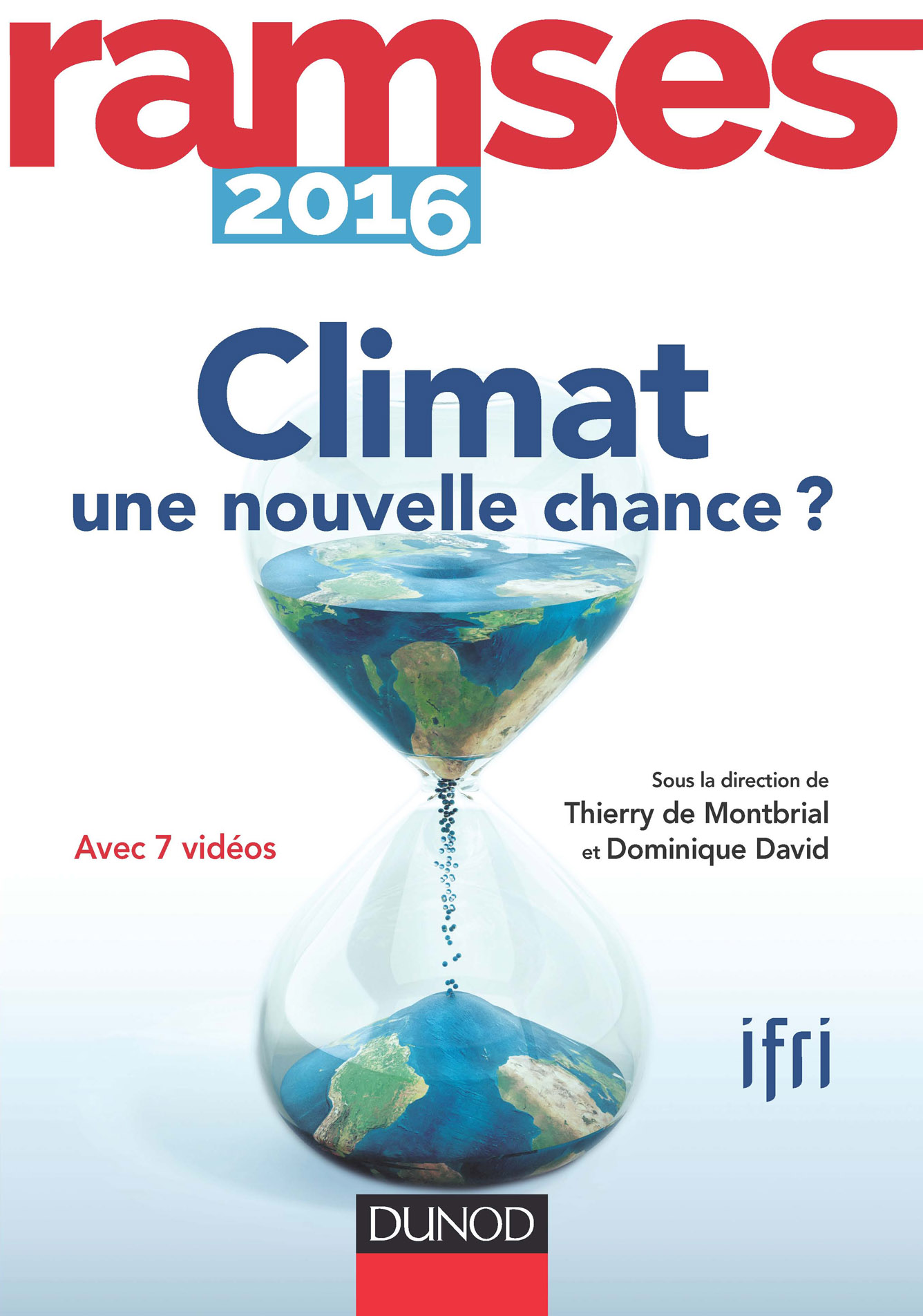Climate Action beyond COP21 - Conference Brief
On November 4th 2015, the Ifri Center for Energy held an international conference on the future of Climate Action beyond the COP21. The conference brought together key experts to outline reasonable expectations for the Paris Climate Summit, in terms of binding commitments from the parties and, more broadly, in terms of the profound transformation that an agreement could trigger.
India’s Approach to Climate Negotiations: From the South to the North?
India’s approach to climate negotiations results from the interplay of two distinct logics, an external one and an internal one. While the external logic is derived from quantitative attributes at the aggregate level, such as the overall size of India’s economy, the internal logic is derived from qualitative attributes at the individual level such as per person incomes and productivity. For three decades, from the early 1970s to the early 2000s, India’s internal and external logics overlapped.

The Paris Agreement. Article from "RAMSES 2016"
To avoid the pitfalls of historic divisions, climate negotiators decided to go down the self-differentiation route and leave legal matters to be resolved during the last steps of the process. The national contributions drafted by each party provide a robust basis for discussion, but we still need to ensure that these are appropriate and also monitor their implementation. The credibility of the Paris Agreement will be determined by these final procedural trade-offs.

RAMSES 2016. Climat : une nouvelle chance ?
Written by Ifri's research team and its network of associates, the new RAMSES 2016 analyses geopolitics on a worldwide scale. The major theme of this 34th edition is Climate: A new chance? In addition, RAMSES 2016 tackles the insertion of Africa in globalization and the uncertainties of democracy today in post-industrial societies, but also in the South.

Adapting to the Effects of Global Warming. Article from "RAMSES 2016"
Adaptation issues started to gain momentum from the Copenhagen conference in 2009. Up until then, international negotiations had focused on mitigation policies. However, the increase in weather events and the inadequate efforts to hold back global warming now make adaptation a key issue in discussions around the Paris agreement.


COP21: What Are the Odds for Success?
Since Copenhagen, negotiations have been in stalemate. Progress can only be made if there is a significant attempt to create a transnational carbon market.
Japan's Energy and Climate Policy: Towards Dispelling the Uncertainties
Four years after the Great East Japan Earthquake and a few months before the opening of the Paris Climate Conference, Japan is about to clarify its energy and climate policy.
From 2020 to 2030, from Copenhagen to Paris: a mindset change for the European Climate Policy?
The European Councils of March 2007 and October 2014 have defined the major guidelines of the European climate policy for the 2010-2020 and 2020-2030 decades. These commitments have then been used as negotiation roadmaps for two major conferences on climate held under the United-Nations umbrella, in Copenhagen in 2009 and in Paris in December 2015. In both cases, the aim was, and still is, to reach a global agreement to take over the Kyoto Protocol. The first one was a failure for the European diplomacy and all hopes are now placed in the second, which may well be the last chance for the international climate talks.
Russia and Global Climate Politics
Russia, as the fourth largest greenhouse-gas emitter in the world, and a major supplier of fossil fuels causing these emissions, played a decisive role in the enforcement of the Kyoto Protocol, the main instrument of global climate policy so far.
Support independent French research
Ifri, a foundation recognized as being of public utility, relies largely on private donors – companies and individuals – to guarantee its sustainability and intellectual independence. Through their funding, donors help maintain the Institute's position among the world's leading think tanks. By benefiting from an internationally recognized network and expertise, donors refine their understanding of geopolitical risk and its consequences on global politics and the economy. In 2024, Ifri will support more than 70 French and foreign companies and organizations.










